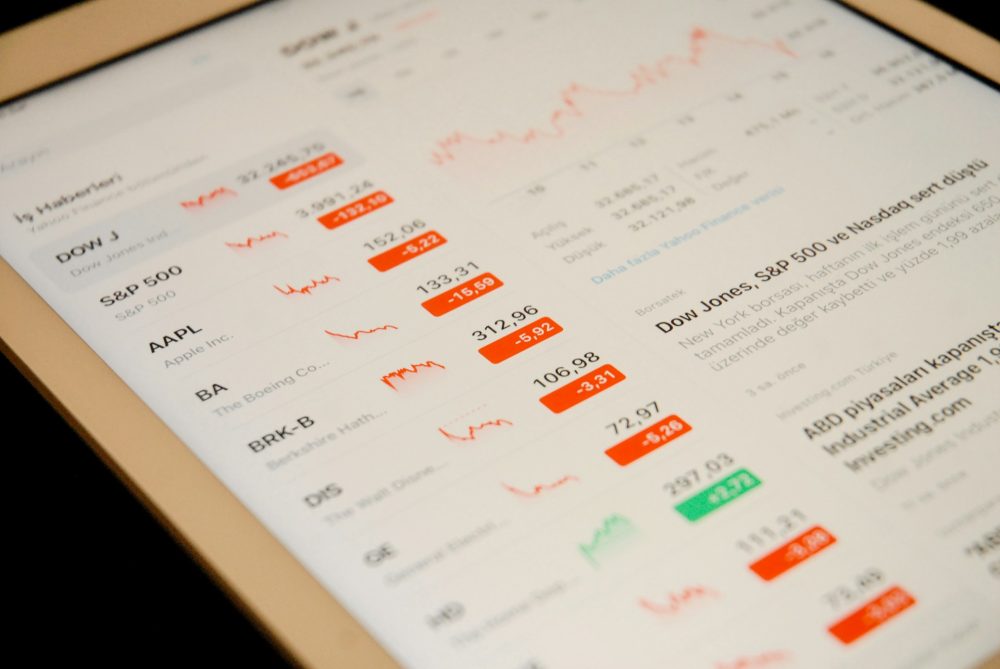Featured
The French Fintech Sector Increased by 80% in 2022
The outlook for the French fintech sector remains very high, with more than 80% of fintech companies anticipating growth of over 30% in both 2023 and 2024. In order to support this business development through recruitment, fintech companies will nevertheless have to succeed in offering competitive working conditions to face the competition of the big tech players.

Truffle Capital and Finance Innovation, in partnership with Groupe BPCE, Sopra Steria, and Sopra Banking Software, unveil the results of the second Fintech100 ranking, revealing the latest trends in innovation and development in the French fintech sector.
The second edition of the Fintech 100 ranking demonstrates the resilience of the French fintech and insurance ecosystem. After two particularly euphoric years, fundraising in the sector has dropped by 63% to €1.1bn in 2022. However, the sector is showing a growth in activity of +80% in 2022 and a total workforce up by +37%. In a context of uncertainty, accompanied by a credit crunch and reduced access to liquidity, the sector’s results demonstrate solid fundamentals and confirmed attractiveness.
Read more about the French fintech sector and find the latest financial news of the day with the Born2Invest mobile app.
A refocusing of activities on customer service
On the technological side, the study reveals a concentration of activities on customer service (BtoBtoC). Thus, 1/3 of fintech companies are mainly focusing on software development, while only 18% (vs. 25% in 2021) are relying on artificial intelligence. While this trend may still vary over 2023, it highlights a new necessity: startups’ business models must be based more on return on investment.
“Tech” profiles are still in the majority among their employees because the challenge for these companies is above all to develop cutting-edge proprietary technology, capable of creating value by erecting barriers to entry. This is why 37% (+3pts vs. 2021) of companies in the sector have an R&D budget greater than one-third of their turnover. This is double the level observed in the software sector.
The payment segment, which accounts for 23% (+9pts vs. 2021) of players, benefits from numerous innovations and is the leading activity in the sector. This is also due to the ease of application integration, which is accelerating the adoption process. Insurtech, the second largest segment in our survey, is also gaining momentum thanks to a steadily increasing business volume.
The business ecosystem: beneficiary and guarantor of the French fintech sector’s growth
In third place, we also find corporate financial services, specifically services for small businesses, for which factoring digitalization or working capital financing offers are becoming particularly competitive. Large companies are not left out either and benefit greatly from the sector’s products. The digitalization needs of large banking and insurance groups are driving growth – all the more so in France, where a large number of these players are concentrated. The BtotB segment concerns 60% of fintech companies.
Finally, and since the sector is increasingly regulated, the addressable market for French fintech companies is concentrated in Europe. This is illustrated by the low presence of fintech companies (6%) in North America, far behind all European countries.
Outlook for the French fintech sector in 2023
The outlook for the French fintech sector remains very high, with more than 80% of fintech companies anticipating growth of over 30% in both 2023 and 2024. In order to support this business development through recruitment, fintech companies will nevertheless have to succeed in offering competitive working conditions to face the competition of the big tech players.
__
(Featured image by ericniequist via Pixabay)
DISCLAIMER: This article was written by a third party contributor and does not reflect the opinion of Born2Invest, its management, staff or its associates. Please review our disclaimer for more information.
This article may include forward-looking statements. These forward-looking statements generally are identified by the words “believe,” “project,” “estimate,” “become,” “plan,” “will,” and similar expressions. These forward-looking statements involve known and unknown risks as well as uncertainties, including those discussed in the following cautionary statements and elsewhere in this article and on this site. Although the Company may believe that its expectations are based on reasonable assumptions, the actual results that the Company may achieve may differ materially from any forward-looking statements, which reflect the opinions of the management of the Company only as of the date hereof. Additionally, please make sure to read these important disclosures.
First published in GROUPE BPCE, a third-party contributor translated and adapted the article from the original. In case of discrepancy, the original will prevail.
Although we made reasonable efforts to provide accurate translations, some parts may be incorrect. Born2Invest assumes no responsibility for errors, omissions or ambiguities in the translations provided on this website. Any person or entity relying on translated content does so at their own risk. Born2Invest is not responsible for losses caused by such reliance on the accuracy or reliability of translated information. If you wish to report an error or inaccuracy in the translation, we encourage you to contact us.

-

 Markets2 weeks ago
Markets2 weeks agoNavigating the Fourth Turning: Cycles of Crisis and Opportunity
-

 Cannabis5 days ago
Cannabis5 days agoIs Aurora Cannabis Stock a Risk Worth Taking?
-

 Impact Investing2 weeks ago
Impact Investing2 weeks agoEU Eases CO2 Tax Burden on SMEs with Revised CBAM Rules
-

 Business7 days ago
Business7 days agoAmerica’s Debt Spiral: A $67 Trillion Reckoning Looms by 2035

























